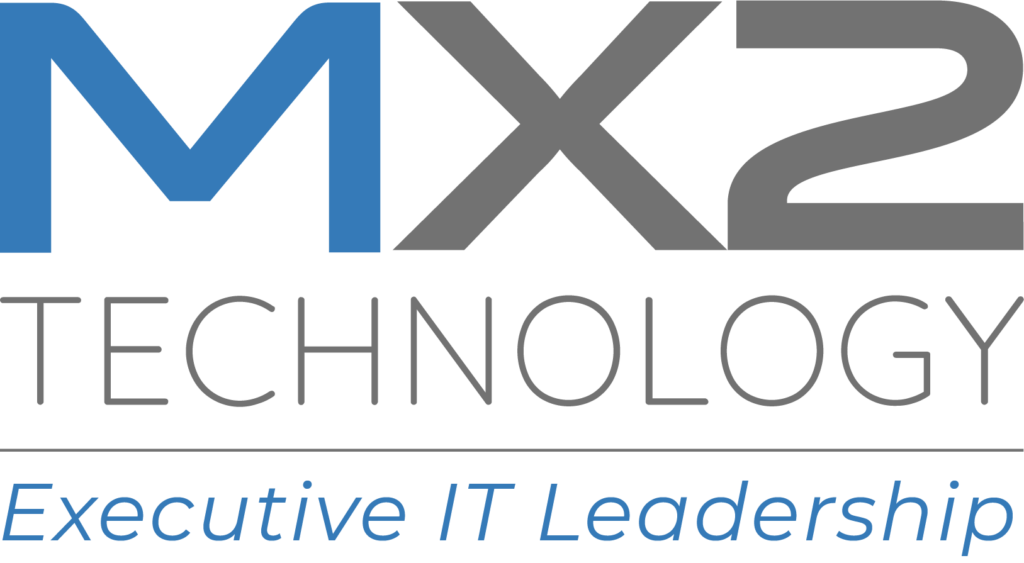September 10, 2025 – The wait is over. After years of anticipation and uncertainty, the Department of War (DoW), previously known as Department of Defense, has officially published the CMMC Title 48 CFR Final Rule, marking a pivotal moment for defense contractors nationwide. Published in the Federal Register on September 10, 2025, this rule transforms the Cybersecurity Maturity Model Certification (CMMC) from a future requirement into an immediate contractual reality.
What is CMMC Title 48?
Title 48 of the Code of Federal Regulations (48 CFR) represents the enforcement mechanism for CMMC requirements within the Federal Acquisition Regulation System. While the foundational CMMC Program Rule (32 CFR Part 170) has been in effect since December 16, 2024, the 48 CFR rule is what authorizes DoW contracting officers to include CMMC requirements directly in solicitations and contracts.
This rule specifically amends the Defense Federal Acquisition Regulation Supplement (DFARS) by incorporating the critical clause 252.204-7021, which makes CMMC certification a binding contractual requirement rather than an optional compliance framework.
The Timeline That Changes Everything
November 10, 2025 marks the date when CMMC requirements can officially begin appearing in DoW contracts, RFPs, and RFIs. This represents a 60-day implementation window following the rule’s publication, giving contractors minimal time to prepare.
The rollout begins with Phase 1 (Q4 2025): Select contracts will require CMMC Level 2 compliance, with contracting officers having discretion to mandate third-party assessments.
Why CMMC Title 48 Matters Now
The cybersecurity landscape has fundamentally shifted. The DoW’s move away from self-attestation reflects the reality of escalating cyber threats targeting the Defense Industrial Base. Recent supply chain compromises have demonstrated that traditional compliance approaches are insufficient to protect national security interests.
CMMC represents accountability through verification. Unlike previous frameworks that relied on contractor self-reporting, CMMC Level 2 and 3 require independent third-party assessments by certified organizations (C3PAOs), ensuring genuine implementation of cybersecurity controls.
The Competitive Advantage of Early Action
Organizations that achieve CMMC certification before the mandate takes full effect will gain significant competitive advantages. They’ll be positioned to bid on contracts immediately when requirements appear in solicitations, avoid the inevitable assessment backlog that will develop as demand surges, and leverage their compliance status as a differentiator in competitive bidding.
The assessment timeline currently ranges from 3-6 months, but this will likely extend as more organizations seek certification. Major defense primes like Lockheed Martin are already requiring CMMC readiness from their supply chain partners, making early certification essential for maintaining existing relationships.
Implementation Challenges and Considerations
The transition to mandatory CMMC compliance presents several challenges for contractors. The most significant is the compressed timeline between rule publication and contract implementation. Organizations that haven’t begun preparation face an uphill battle to achieve certification before losing contract eligibility.
Technical implementation of NIST SP 800-171 controls requires substantial infrastructure investments, particularly in areas like endpoint protection, network segmentation, and incident response capabilities. Many organizations will need to redesign their IT architectures to properly segregate CUI from other business systems.
Documentation requirements are equally demanding. CMMC assessments require comprehensive System Security Plans (SSPs), detailed policy frameworks, and evidence of consistent implementation across all relevant systems.
The Stakes for Non-Compliance
The consequences of failing to achieve CMMC certification are severe and immediate. Contractors without required certification will be automatically disqualified from contract awards, regardless of their technical capabilities or competitive pricing. There’s no mechanism for waivers or exceptions—certification is a binary requirement.
For organizations currently holding DoW contracts, non-compliance could result in contract termination or non-renewal. The financial impact extends beyond lost revenue to include potential termination costs and damage to long-term client relationships.
Moving Forward: Your Next Steps
The CMMC Title 48 rule eliminates uncertainty about enforcement timelines. Organizations that want to continue doing business with the DoW must begin certification efforts immediately. The question is no longer whether CMMC will be enforced, but how quickly your organization can achieve compliance.
The first step involves conducting a comprehensive gap analysis against NIST SP 800-171 requirements. This assessment will identify specific areas requiring remediation and help establish realistic timelines for certification readiness.
Organizations should also begin developing their System Security Plans and implementing necessary technical controls while simultaneously working with qualified assessment organizations to schedule their C3PAO evaluations.
Conclusion
CMMC Title 48 represents more than regulatory compliance—it’s a fundamental shift toward security-assured contracting in the defense sector. Organizations that embrace this change and achieve early certification will be positioned for sustained success in the evolving defense marketplace.
The window for preparation is rapidly closing. With contract requirements potentially appearing as early as November 10, 2025, there’s no time for delay. The organizations that act decisively now will be the ones securing contracts while their competitors struggle with compliance gaps.
Ready to Navigate CMMC Compliance? Partner with MX2 Technology
The path to CMMC certification can be complex, but you don’t have to walk it alone. MX2 Technology specializes in helping defense contractors achieve and maintain CMMC compliance efficiently and cost-effectively.
Our experienced team understands the nuances of NIST SP 800-171 implementation and can guide your organization through every step of the CMMC certification process – from initial gap analysis to successful C3PAO assessment.
Don’t let CMMC compliance become a barrier to your business growth. Contact MX2 Technology today to discuss your certification strategy and ensure your organization is ready for the new era of defense contracting.
Call us to schedule your assessment and take the first step toward CMMC certification success.

